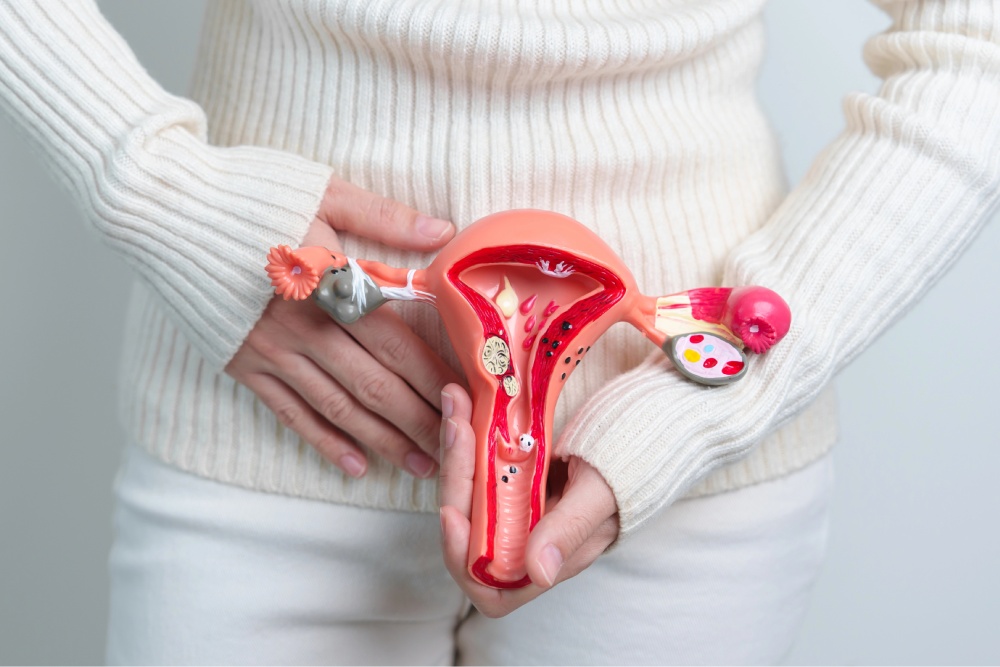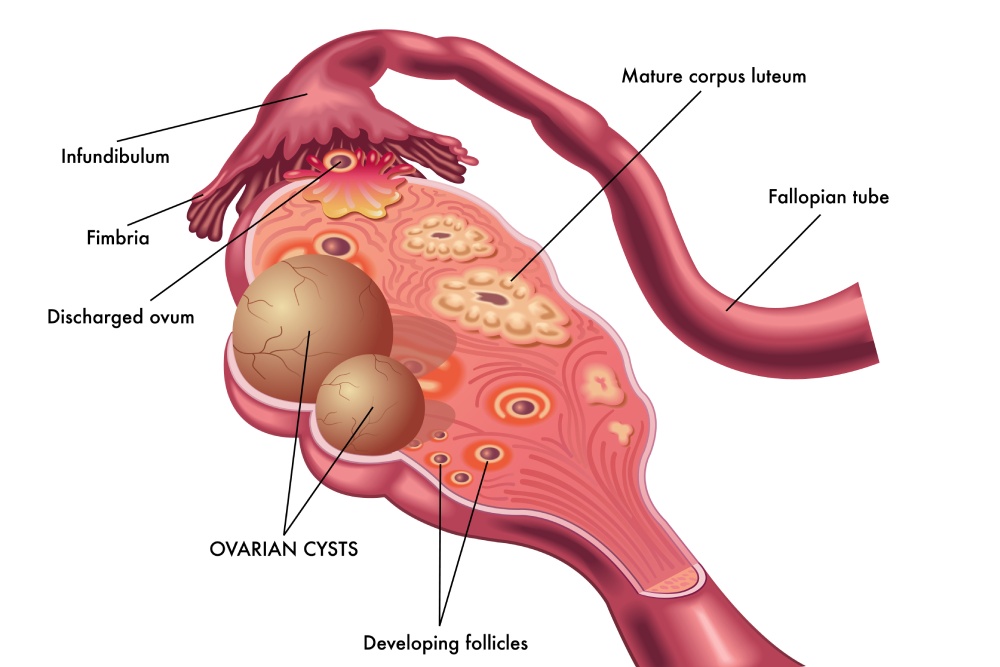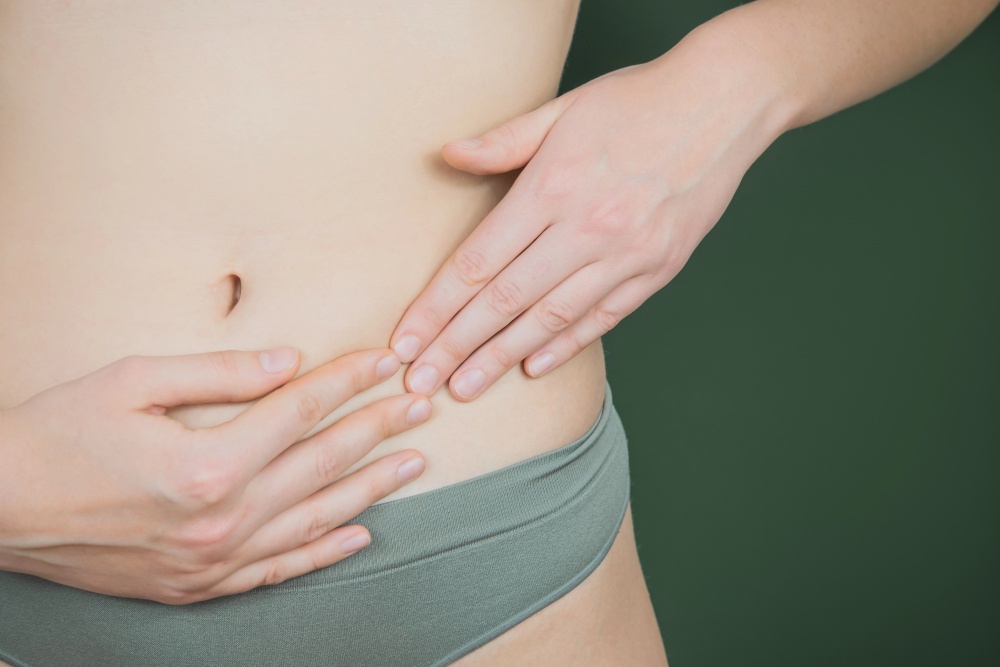
Surgical Solutions: Exploring Hysterectomy As A PCOS Treatment
Polycystic Ovary Syndrome affects millions of women worldwide, often bringing challenges like irregular periods, hormonal...
Read MoreDid you know that 8% of American women have an intrauterine device (IUD)? It’s one of the most popular types of long-acting, reversible contraceptives (LARCs), and it’s quickly rising in popularity among women of all ages.
IUDs are small, plastic devices that your gynecologist inserts into your uterus. They prevent pregnancy with either hormones or copper, and they’re 99% effective for years at a time.
If you’re curious about getting an IUD, you’ve come to the right place. Our team at The Women's Center with 12 offices in and around Orlando, Florida, specializes in birth control and IUD placement, and we’re here to help you decide whether this popular method is right for you.
Here’s what to think about when you’re deciding whether to get an IUD.
IUDs are simple and easy-to-use, with benefits including:
LARCs last for years, but they can be stopped or reversed at any time. If you’re not planning to get pregnant anytime soon, an IUD may be a good option for you.
Your IUD can last up to 12 years, depending on the type you choose. They’re highly effective at preventing pregnancy, with a failure rate of less than 1%. But if you decide you want to try for a baby, we can remove your IUD at any time.
IUDs are extremely convenient for women of all ages. You don’t have to use a condom every time you have sex, take a pill every day, change a skin patch every week, or come into the office every few months for a shot. In fact, once the device is inserted, you can forget about it for years.
Some types of IUDs release hormones to help prevent pregnancy. Many women who use hormonal IUDs get lighter periods, less menstrual cramping, and fewer symptoms of premenstrual syndrome (PMS).
In fact, you might find that your period disappears completely. That’s because hormones in the IUD can thin the lining of your uterus and significantly reduce the amount of menstrual bleeding you experience.
It’s a common misconception that breastfeeding is an effective method of birth control. If you’re breastfeeding your baby and you don’t want to get pregnant again soon, it’s a good idea to use birth control — and IUDs are a safe option.
IUDs don’t contain estrogen, so they don’t interfere with milk production or affect the quality of your breast milk. That means they’re a safe, effective, and easy form of birth control for breastfeeding mothers.
While IUDs offer a number of great benefits, they may not be the best choice for every woman. Our team might not recommend an IUD for you if:
If you’re allergic to copper or any of the components of your IUD, it may not be a good choice for you. Allergic reactions can cause symptoms like itching and swelling. In severe cases, symptoms can quickly become life-threatening.
We may not recommend an IUD if you have a history of pelvic infections. Chronic pelvic infections can increase your risk of IUD complications, like perforation of the uterus or pelvic inflammatory disease (PID).
Untreated sexually transmitted diseases (STDs) or cervical cancer can also increase your risk of complications. If we identify a preexisting condition during your exam, we might not recommend an IUD. Instead, we can discuss your treatment options and other contraceptive options.
IUDs aren’t effective at preventing pregnancy if they’re inserted after conception has occurred. That means if you’ve had unprotected sex within the past five days, an IUD may not be the best choice for you. In these cases, we can help you find alternative birth control or emergency contraception.
No form of birth control is 100% effective. But if you’re looking for a solution that’s simple and long-lasting, an IUD might be right for you. Call The Women’s Center office nearest you or book a consultation online to learn more.




Polycystic Ovary Syndrome affects millions of women worldwide, often bringing challenges like irregular periods, hormonal...
Read More
Ovarian cysts after menopause may seem uncommon, but they can still develop even when the...
Read More
Uterine fibroids are one of the most common benign growths affecting women. By age 50,...
Read More